Exploring the Intellectual Haven: The Legacy of Parisian Café Culture
Our trip to France began with a visit to Paris, the city of lights and we find ourselves back in the French capital where we’re here to delve into the café culture that lies at the center of Parisian life. Join us on a journey through time and taste as we explore the most iconic and enduring cafés in Paris; places that have profoundly shaped modern society, not just in France but far beyond, by providing fertile ground for many of the great artists and thinkers of the 20th century.
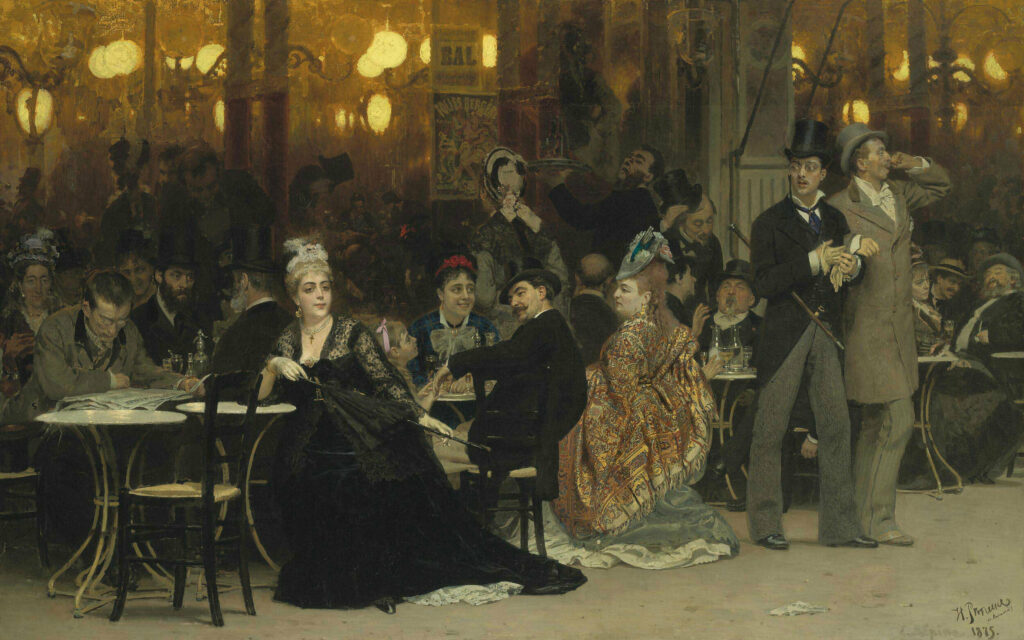
The History of Parisian Café Culture
Cafés transcend their function as mere purveyors of coffee; they serve as distinct spaces, separate from their urban surroundings, where individuals can engage in intellectual discourse and contemplation. Since the eighteenth century in Europe, cafés have been hubs where intellectuals, artists, and thinkers converge to exchange ideas, find inspiration, and disseminate information that has profoundly influenced the cultural landscape of Europe and beyond. One cannot help but wonder: would figures like Karl Marx, Jean-Paul Sartre, Simone de Beauvoir, Albert Camus, Virginia Woolf, James Joyce, Frantz Fanon, and W.E.B. Du Bois have emerged without the fertile ground provided by the café?
Europe during the Age of Enlightenment buzzed with new ideas and perspectives. It was during this period, between the 17th and 18th centuries, that the tradition of gathering to share philosophical ideas and engage in discussions ‘the salon’ began to take root in European society. As Europe democratized, this custom spilled out from elite circles into public life ‘into the coffeehouses and cafés’ where artists, intellectuals, and revolutionaries discussed all aspects of life.
During the French Revolution, with society’s structure in upheaval and weighty political and economic debates dominating discourse, the café provided a space for impassioned discussions about the ideas of the time. The Bourbon Restoration that followed witnessed a tempering of café life’s intensity, evolving into the relaxed social institution it remains today.
The first café in Paris opened in 1672, but it wasn’t until Café Procope opened nearly 15 years later that the café established itself as a cultural institution in Parisian life. By 1720, there were nearly 300 cafés in Paris, a number that grew to 1000 by 1750 and nearly 2000 by the end of the 1700s. From its inception, the café provided warmth and nourishment to artists and thinkers, fostering a spirit of community, conversation, and creativity that profoundly shaped Parisian life, French culture, and global society.
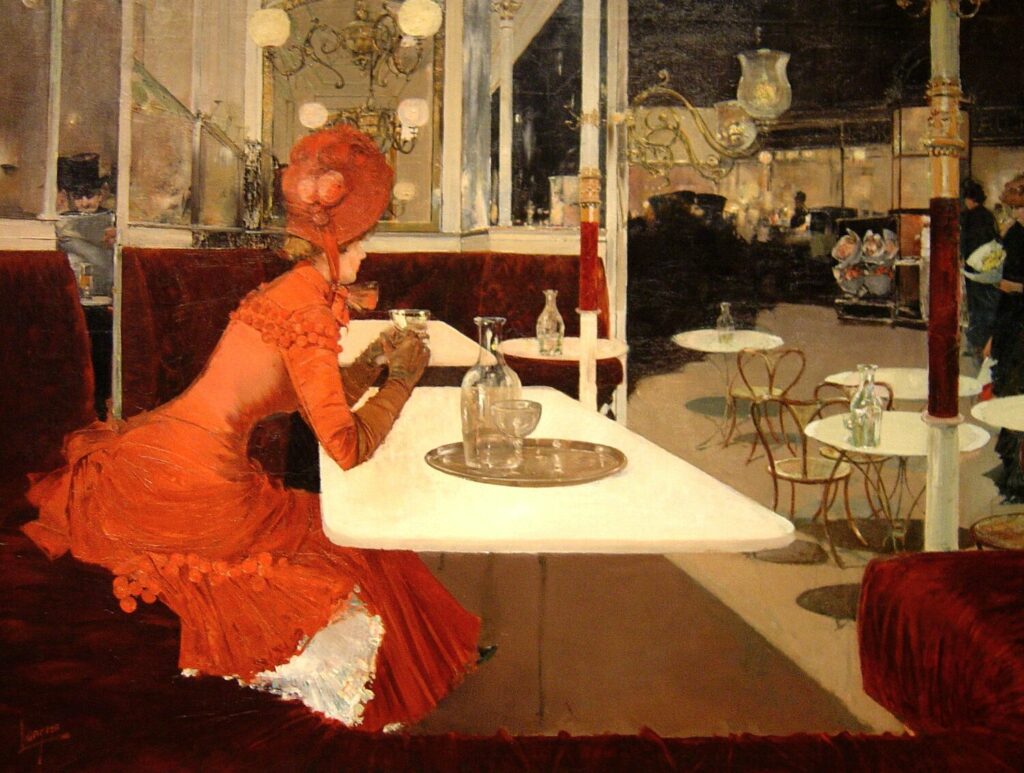
The Grand Cafés of Paris
Café Procope
We begin our tour at the origin with Café Procope, the oldest café in Paris, in continuous operation since 1686. Modeled after traditional coffeehouses of the Middle East and Western Asia, Procope introduced coffee, a relatively exotic offering at the time, to Paris. Its elite clientele, including Voltaire, Rousseau, and Diderot, further enhanced its allure. With modern mirrors and marble tables, Procope possessed all the elements necessary for the making of a grand café. All subsequent Parisian cafés trace their origins back to Procope.
Address: 13 Rue de l’Ancienne Comédie, 75006 Paris
Les Deux Magots
In the heart of Saint-Germain-des-Prés lies Les Deux Magots, a magical corner of Paris that has nurtured some of the 20th century’s most significant artists and thinkers since 1885. Existentialists and Surrealists frequented this café, including Simone de Beauvoir and Jean-Paul Sartre, who lived around the corner. Les Deux Magots even established its own literary prize in 1933, attesting to its rich intellectual history.
Address: 6 Place Saint-Germain des Prés, 75006 Paris
Café de Flore
Just a block away from Les Deux Magots sits perhaps the most iconic of Paris’s grand cafés—Café de Flore. Founded in 1870, the café eventually surpassed its rival, Les Deux Magots, in fame. Frequented by the fashionable set, Café de Flore nevertheless retains its literary, philosophical, and artistic heritage. It was a favored haunt of Hemingway, Picasso, and Fitzgerald, each contributing to its storied past.
Address: 172 Boulevard Saint-Germain, 75006 Paris
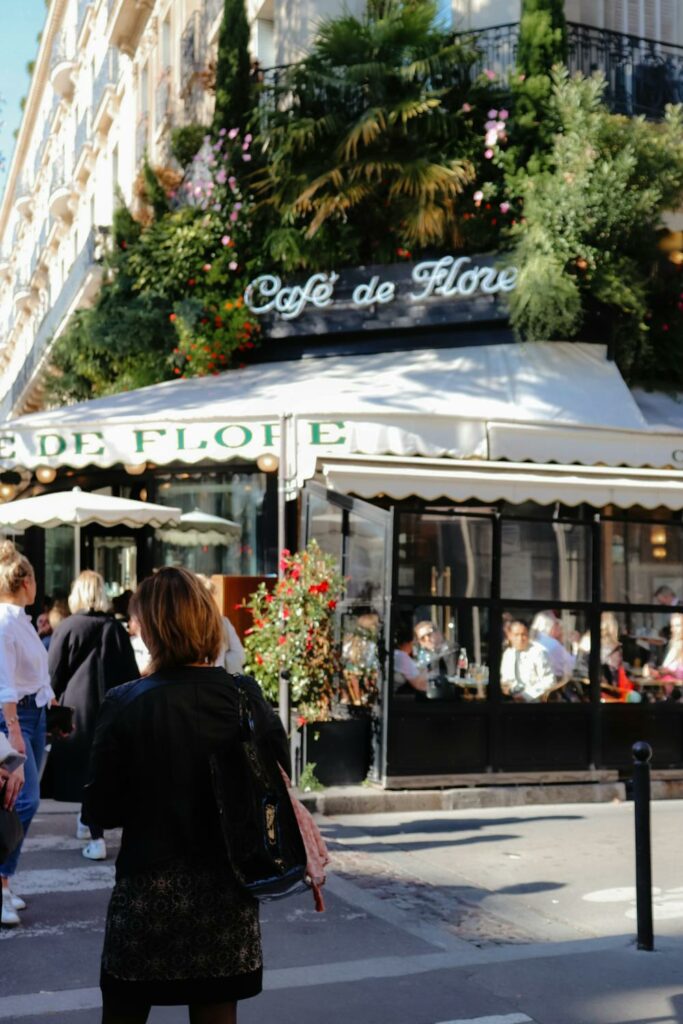
La Rotonde
In Montparnasse, Café La Rotonde, founded in 1911, attracted artists and intellectuals with its unique policy of accepting sketches on napkins in exchange for coffee. Diego Rivera and Pablo Picasso were among the artists whose work adorned its walls. La Rotonde’s proximity to Picasso’s studio made it a natural gathering place for the artistic community of Montparnasse.
Address: 105 Boulevard du Montparnasse, 75006 Paris
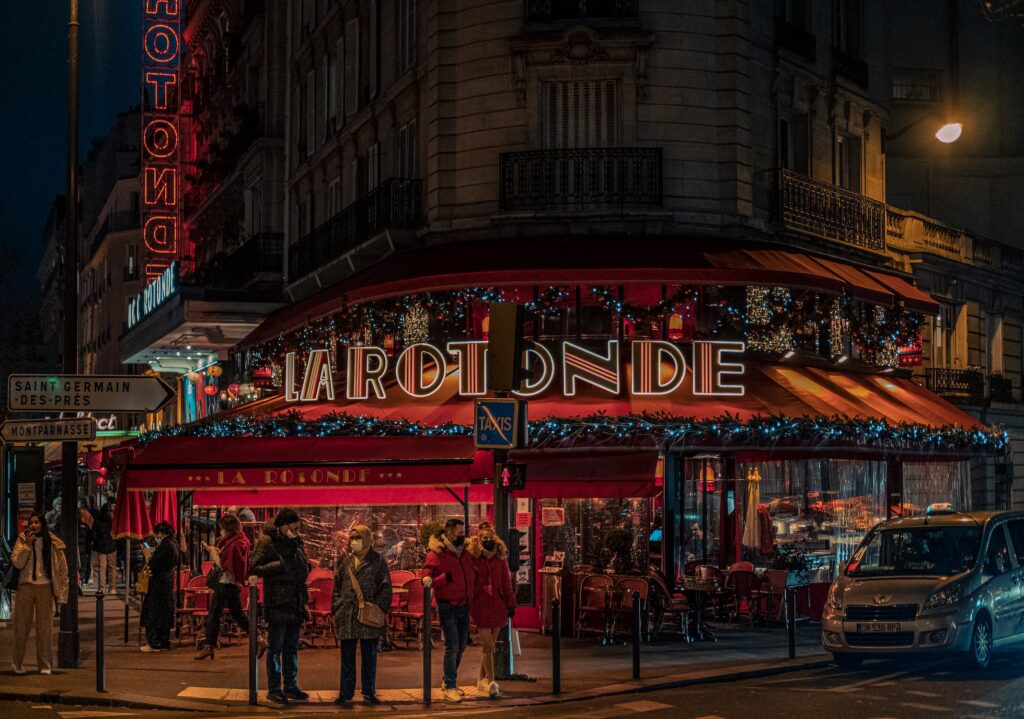
Le Dôme
Across the street from La Rotonde stands Le Dôme, the first café in Montparnasse to draw a distinctly intellectual and artistic crowd. Known as Dômiers, this crowd included Anaïs Nin, Amedeo Modigliani, and Wassily Kandinsky. In the early 1900s, Le Dôme was the epicenter of avant-garde Parisian society, where ideas flourished amidst lively conversation.
Address: 108 Boulevard du Montparnasse, 75014 Paris
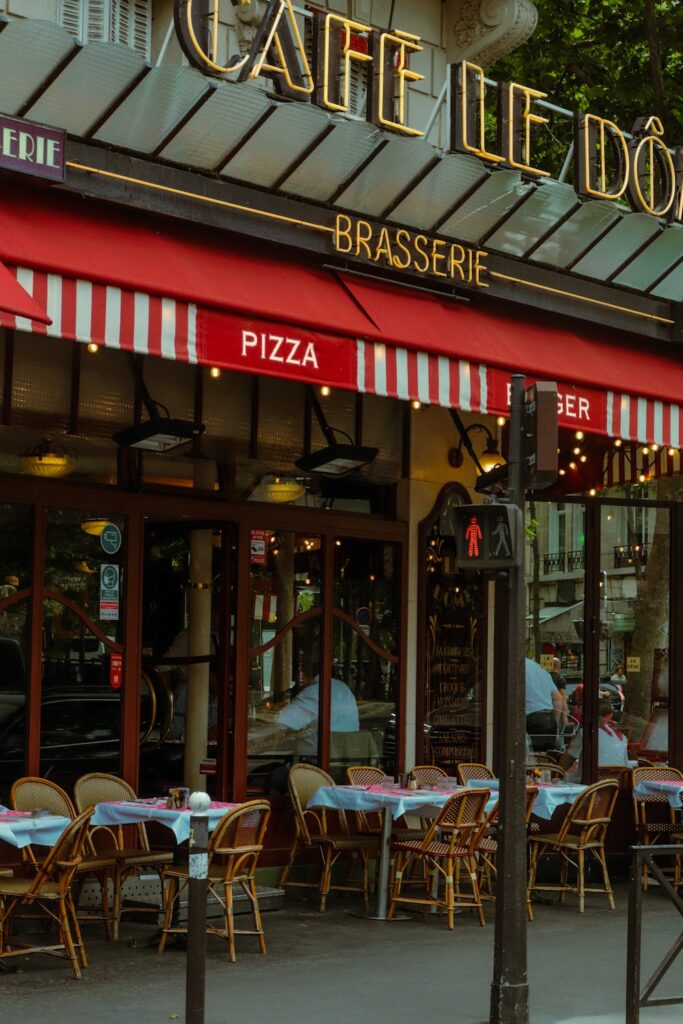
La Closerie des Lilas
Opened in 1847, La Closerie des Lilas became renowned for its terrace adorned with lilacs, a favorite haunt of Charles Baudelaire and Emile Zola in the 19th century. Hemingway immortalized the café in his works, finding inspiration amidst its greenery. Today, engraved marble tables pay homage to the café’s illustrious past, preserving its rich heritage for future generations.
Address: 171 Boulevard du Montparnasse, 75006 Paris
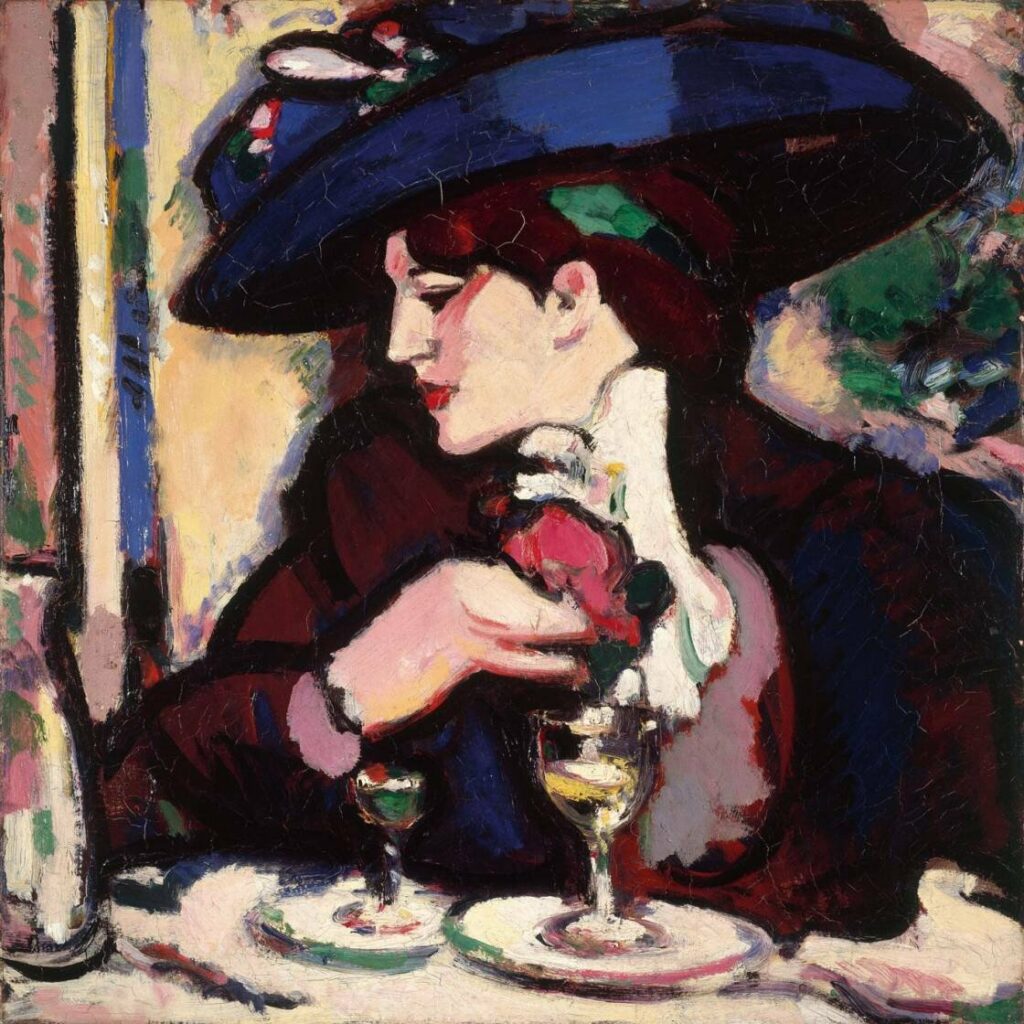
Café de la Paix
Overlooking the Palais Garnier on the Right Bank is Café de la Paix, one of Paris’s oldest and grandest cafés, founded in 1862. Frequented by Victor Hugo and Sergei Diaghilev, among others, Café de la Paix exudes timeless elegance. Seated on its terrace, one can easily envision the luminaries of Parisian society engaged in lively conversation over coffee.
Address: 5 Place de l’Opéra, 75009 Paris

La Coupole
Opened in 1927, La Coupole figured prominently in Paris’s Années folles, hosting luminaries such as Hemingway, Miller, Picasso, and Matisse. Josephine Baker frequented the café, adding to its allure as a hub of artistic and intellectual activity.
Fouquet’s
Founded in 1899, Fouquet’s epitomizes quintessential Parisian elegance. Located at the corner of the Avenue des Champs-Élysées and Avenue George V, it has long been a favorite meeting place for Parisians working in cinema, hosting gala dinners after the César Award ceremonies.
The Parisian café remains a remarkable institution, embodying a tradition of community gathering, creativity, and intellectual exchange. From the heyday of Sartre and Beauvoir to the present day, the café continues to inspire, offering a space where magic is possible; a place to dream, to create, and to connect. Elephantine draws inspiration from this tradition, embracing the unique alchemy of the café as a place of possibility and exploration.
As we conclude our journey through the grand cafés of Paris, we invite you to savor the rich tapestry of history and culture woven into the fabric of each café, and to experience firsthand the magic of Parisian café culture.
Header Photo Credit: Marta Dzedyshko https://www.pexels.com/photo/espresso-machine-dispensing-on-two-mugs-2067628/



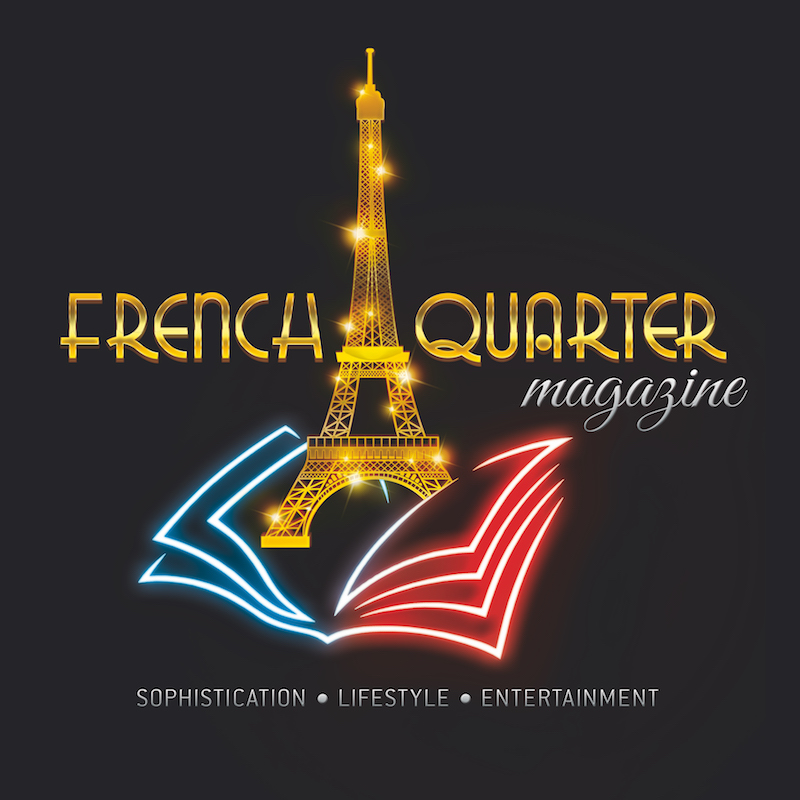
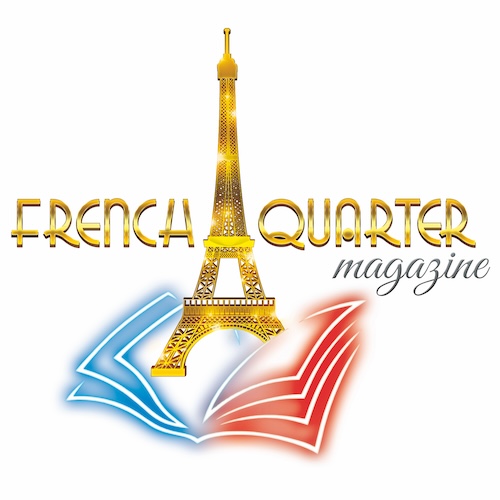








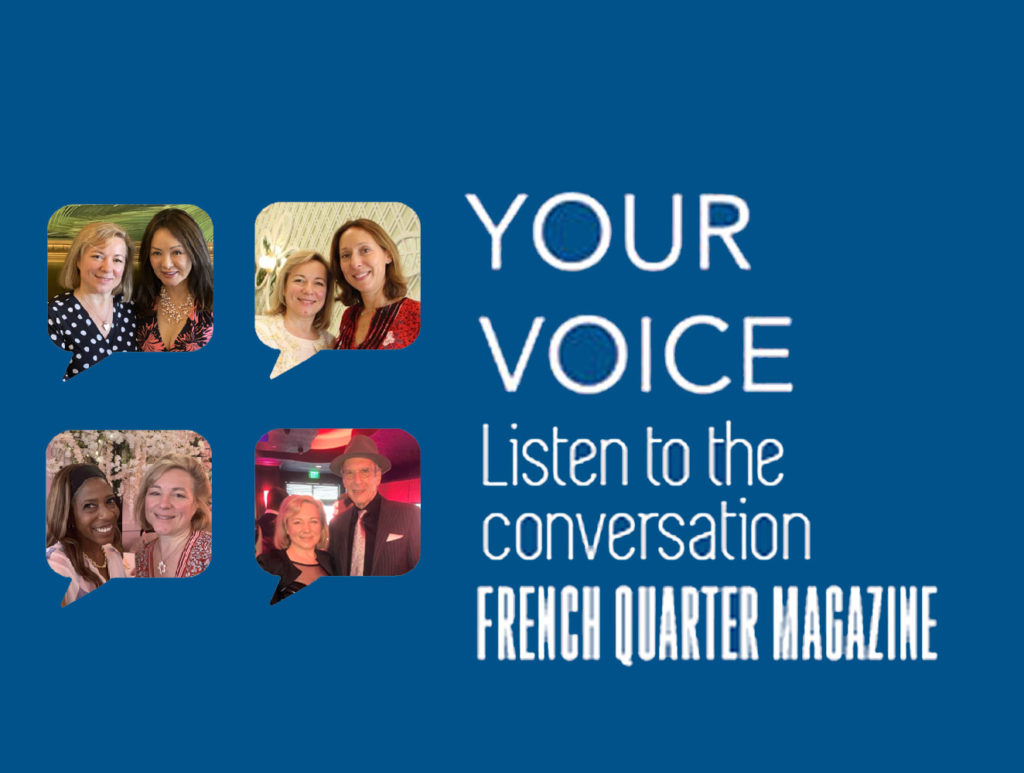









Merci pour votre commentaire intéressant, Annick ! Désolée pour la réponse tardive. Nous avons dû restructurer notre équipe. Nous sommes…